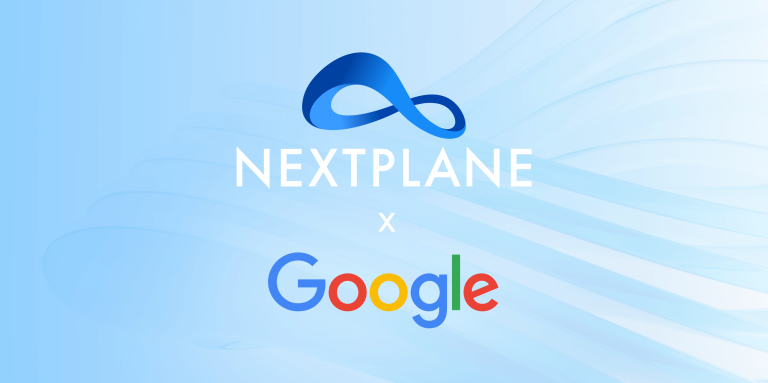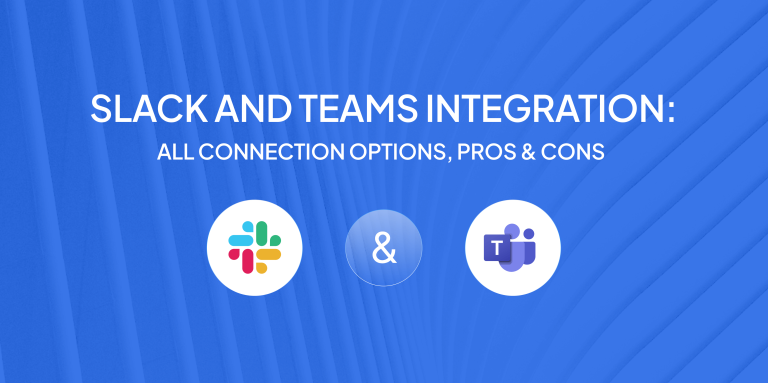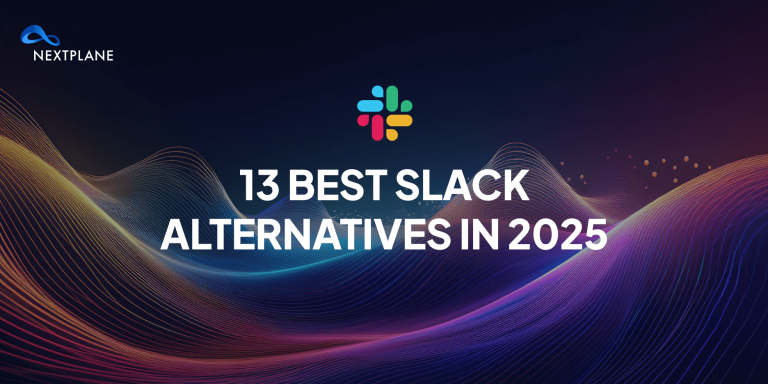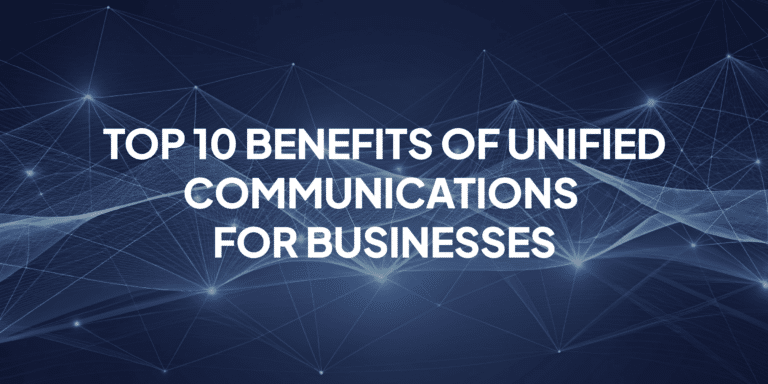Microsoft Teams FOMO: Switching Teams and Guest Access
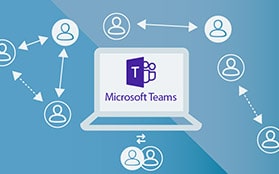
Table of contents
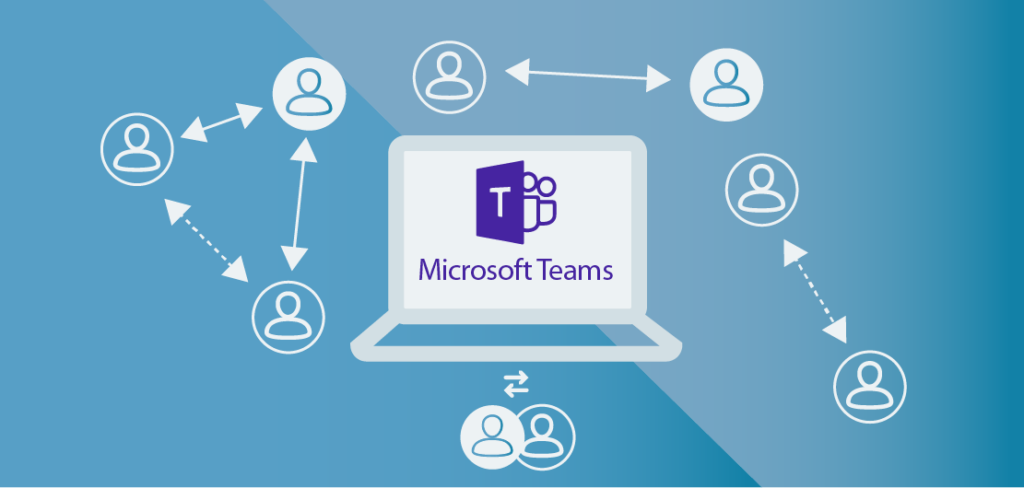
In 2017, Microsoft introduced Microsoft Teams at Ignite. Microsoft Teams is a team collaboration platform, which brings together everything a team needs to collaborate: chat and threaded conversations, meetings & video conferencing, content collaboration with the power of Microsoft 365 applications, and the ability to create and integrate apps and workflows.
Today Microsoft Teams is the leading team collaboration platform with 115 million daily active users (DAU) worldwide.
In a recent survey, nearly half (49%) of respondents said that business discussions, tasks, or transactions happening with users outside the company have now shifted from email to team collaboration platforms.
Unlike Skype for Business, Microsoft Teams does not offer direct federation, where Microsoft Teams tenants from different organizations can connect directly.
Instead, Microsoft Teams provides Guest Access to allow users to collaborate with people outside their organization by granting them access to existing teams and channels in Teams. Guests in Teams can participate with full access to team chats, meetings, and files. The Teams admin can control which features guests can (and cannot) use in Teams.
As a result, users may end up with multiple identities. One of the very often heard challenges with Teams is switching between your home account, where you do most of your work, and your guest access accounts, where you work with external parties.
As a host user, you are continually wondering when external colleagues have read your messages. As a guest user, you don’t want to miss anything important from teams where you are a guest.

You can see your current tenant on the Microsoft Teams’ menu bar. To switch tenants you need to click on the drop down menu. Tenants where you are a guest are indicated by the tenant name followed by (Guest). You will see a notification badge next to tenants with new activities.
This can become painful when you are a guest in multiple Teams tenants and have to switch between them to keep by with conversation, tasks, files, and workflows.
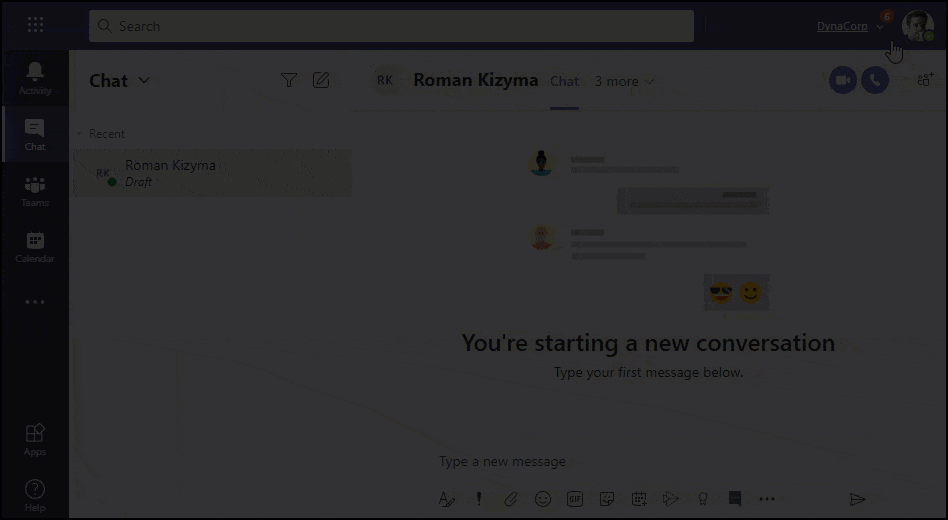
Microsoft Community Talking about Teams Guest Accounts
The Microsoft tech community forum has complained most about is switching Teams tenants when using guest access since Microsoft Teams launch back in 2017.
What is missing from Microsoft Teams is Slack Connect like capabilities—connect to external partners and customers without the need to switch Teams, between host and guest access. As a result, Teams users require should allow them to log into one tenant and concurrently connect to the Teams where they are guests.
NextPlane – Collaboration Without Boundaries – Connect. Any Team. Anywhere.
Microsoft guest access does not work well if the host organization and the external partners are on different platforms, such as Slack or Cisco Webex Teams.
Nearly 70% of the organizations benchmarked in a recent survey are now using a team collaboration application such as Cisco Webex Teams, Microsoft Teams, or Slack. As a result, external teams can likely be on different collaboration platforms, including legacy instant messaging platforms like Cisco Jabber or Microsoft Skype for Business.
Without cross-platform interoperability solutions, data and communication become siloed and trapped within the tools—creating walled gardens and hampering productivity and open communication.
This is where NextPlane can help. NextPlane eliminates the need for guest access while providing a richer collaboration experience for both Teams and Non-Teams users:
NextPlane allows Microsoft Teams users to connect to their non-Microsoft Teams colleagues. As a result, Teams users can send one-on-chats, share presence status & files, view profiles, and participate in Slack workspaces & channels without leaving their respective client applications. For more information, please visit NextPlane, or book a free 30-minute call with a NextPlane specialist.
